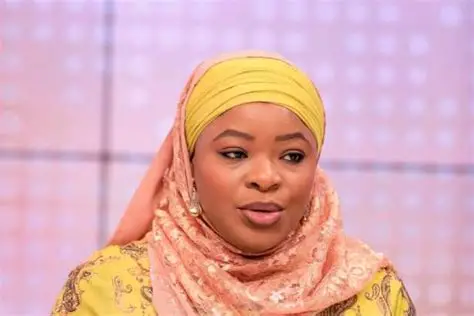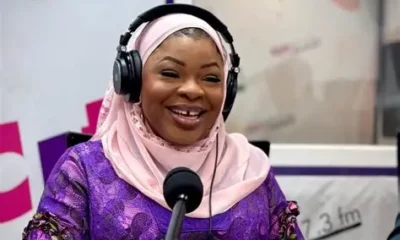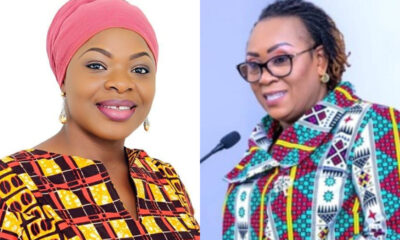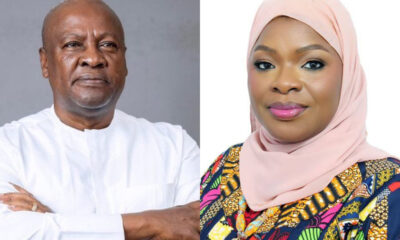Published
7 months agoon
By
Adubianews
The violent disturbances that erupted during the Ablekuma North parliamentary rerun have drawn sharp criticism from Deputy Presidential Spokesperson, Shamima Muslim, who is calling on political parties to rethink their reliance on vigilante-style mobilization.
The chaos that broke out at the St. Peter’s Polling Station on July 11 left several people injured, including New Patriotic Party (NPP) member Mavis Hawa Koomson. The incident has renewed public concern over the dangerous intersection of politics and unregulated youth groups often used to “protect the ballot.”
Appearing on JoyNews’ AM Show on Monday, July 14, Ms Muslim condemned the culture of vigilantism and warned that young people are being pushed into violent political roles under the guise of party loyalty.
“We have all agreed that political parties have mobilised vigilante groups in the past. They have also used individuals to protect the ballot. Sometimes those activities lead to violence.”
Taking a more personal tone, she expressed concern for the youth involved in these confrontations, explaining why she would never support her own children engaging in political battles that pose physical risk.
“And I, as a mother of two boys, two girls, would never encourage my son to go and put himself in a line of risk that could lead to his death. I won’t do that as a person.”
Her appeal extended beyond critique. She urged party leaders to dismantle internal mechanisms that compromise the safety of their own supporters.
“I think political parties ought not to organise around vehicles that would threaten the lives of their own members.”
Ms Muslim’s comments reflect growing alarm from civil society and political analysts who have warned that political vigilantism continues to undermine Ghana’s democratic process. Despite previous bipartisan agreements to disband such groups, election-related violence and intimidation persist in hotspots like Ablekuma North.
With more elections on the horizon, the government and opposition alike are under pressure to enforce security reforms and safeguard electoral integrity. As the conversation shifts toward accountability, Shamima Muslim’s remarks signal a demand for deeper change, one that places human life above political power.


Shamima Muslim Calls for National Debate on Extending Ghana’s Presidential Term


Shamima Muslim Raises Red Flags Over Hawa Koomson’s Role in Ablekuma Rerun


Mahama Has Shown Commitment To Fighting Galamsey – Shamima Muslim


Transport fares likely to drop this weekend after ongoing negotiations – Shamima Muslim


Shamima Muslim: A Voice of Purpose and Power in Ghana’s Public Space

























